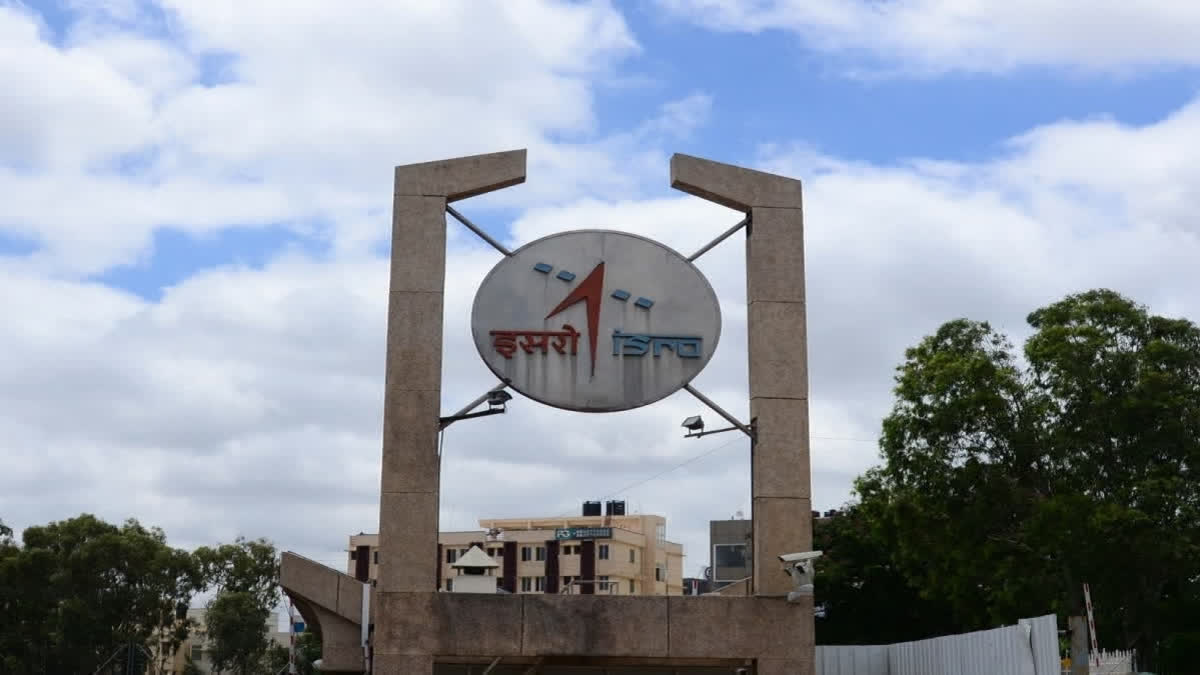Bengaluru: The Indian Space Research Organisation (ISRO) terminated the first hot test on an intermediate configuration of the semi-cryogenic engine following an unanticipated spike in the turbine pressure and subsequent loss of turbine speed. The July 1 test at ISRO Propulsion Complex (IPRC), Mahendragiri, Tamil Nadu, was conducted towards developing a 2,000 kN (Kilonewton) thrust semi-cryogenic engine, known as power head test article (PHTA), to power the booster stages of future launch vehicles, the Bengaluru-headquartered national space agency said in a statement on Monday.
The objective of the test was to validate the integrated performance of the critical subsystems such as the gas generator, turbo pumps, pre-burner and control components by carrying out a hot-firing for a short duration of 4.5 seconds, it said. "The ignition and generation of hot gas within the pre-burner chamber that drives the main turbine to drive the fuel and oxidiser pumps were focussed," the statement from ISRO said.
Also read: ISRO's reusable rocket mission boosts indigenous tech
"The test proceeded as predicted till 1.9 seconds validating the ignition and subsequent performance of PHTA. At 2.0 seconds, an unanticipated spike in the turbine pressure and subsequent loss of turbine speed was observed. As a precautionary step, the test was terminated. Analysis under progress would offer further understanding before proceeding with further hot tests for a longer duration," the statement said.
The semi-cryogenic engine utilises a propellant combination of liquid oxygen and kerosene, and the PHTA forms the first hardware test of the engine development programme. The test was carried out at the dedicated test facility recently established at IPRC for testing semi-cryogenic engines and stages. ISRO commenced the testing of PHTA in May at this facility. (PTI)
Also read: ISRO launches GSLV-F12 navigation satellite



